Welcome to R is for Russia for the Global Children’s Book Club! Today we’ll be going on a virtual tour of Russia with kids. Get ready for a fun and inspiring Russia virtual field trip – perfect for global education at home or for a Russia homeschooling unit.
You can find the full list of countries for the book club right HERE. Be sure to sign up for the email list to get all the information in advance and to receive fun extras!
Get your FREE Alphabet Printable Passport here!
Here’s the 2020 Global Children’s Book Club discussion schedule!
This Russia virtual tour contains affiliate links, but all opinions are 100% my own. That means I earn a small commission if you purchase through my link, but doesn’t change your price.
R is for Russia: Russia Virtual Tour for Kids
Table of Contents
Featured Russia Book + Discussions & Activities
The Noisy Paintbox by Barb Rosenstock (Author), Mary GrandPre (Illustrator)
Author Book Chat

Read Aloud & Art Discussion (Not By the Author)

Illustrator Art Lesson

The Noisy Paintbox Picture Book Discussion Questions
- What is synesthesia? Have you ever experienced it before or do you know anyone who has?
- Do you have a nickname? If so, do you prefer being called by your nickname or your full name? Do different people call you different things?
- Have you ever done abstract art before? How is it different from things like landscapes, portraits, or still lifes?
- What are some things you need to study in school or at home? Are they similar to what Vasya studied?
- Have you ever tried mixing colors before? What about mixing shapes? What happened?
Other Russia Books for Kids
Russia Facts
Russia Basic Facts
- The capital of Russia is Moscow.
- The official name is Rossiyskaya Federatsiya (the Russian Federation).
- Vladimir Putin is the current President of Russia.
- Russia spans much of Eurasia. 3/4 of the country is in Asia, while 1/4 is in Europe. It is the largest country in the world by land area!
- Russia borders 14 countries!
- While more than 120 languages are spoken in Russia, Russian is the official language. It uses the Cyrillic alphabet.
- The currency in Russia is the Ruble. $1 USD ~ 370 Russian rubles.
- Russia has 4 seasons with summers that can be hot and dry, and winters that can be very cold, sometimes with lots of snow.
- Since 1997, Russia has officially had freedom of religion. Christianity is still most common, especially Russian Orthodox.
- The primary industries in Russia include mining, metals, aerospace, and military machinery.
Russia Interesting Facts
- The Trans-Siberian railway is the longest in the world.
- There are 11 time zones in Russia.
- Sputnik was the world’s first satellite in 1957.
- Lake Baikal is the largest freshwater lake in the world, and is also the deepest lake in the world!
- Russia has one of the highest literacy rates in the world, with over 99.5% of adults able to read and write.
- Moscow has more billionaires than any other city in the world.
- Russia is separated from the United States by the Bering Strait, which is only about 52 miles wide.
- Tetris was first invented in Russia in 1984.
- There are official Hermitage Museum cats, who have a press secretary and 3 people dedicated to their care. The live in the museum basement and were originally brought in to control the mice by Elizabeth of Russia. There is even a yearly “Catfest” to celebrate the cat population! (More info here.)
- The coldest inhabited town in the world is Oymyakon, where the coldest temperature is -77.8 degrees C (-108 degrees F!)!
Color in Russia on this map of Asia!

https://youtu.be/Uh1I8w2zOLM
Russia with Kids: Flag Activity
Flag from HERE
HERE is a fun printable Russia flag coloring sheet!
Russia Virtual Tour to a Featured Landmark
Red Square
Red Square is one of the main squares in Moscow, Russia. Next to the square is the Kremlin, where the President of Russia lives. It also houses St. Basil’s Cathedral, which is a widely considered a symbol of the country. Because the former Soviet Union was antireligious, it was taken and completely secularized by 1929 and operated as a museum. After the fall of the USSR, weekly Orthodox Christian services were reinstated in 1997. (More info here.)

Featured Russian Artist: Wassily Kandinsky
Wassily Kandinsky was a Russian painter who is often seen as a pioneer of abstract art. His first career was in teaching law and economics, which he gave up at age 30 to pursue art. He was also known for having synesthesia, where he could see colors in sound. He used this skill in designing a set for the composer Mussorgsky’s “Pictures at an Exhibition.”

Featured Important Russian Person: Catherine the Great
Catherine II, usually known as Catherine the Great, was the longest-ruling female leader in Russia. She was the wife of Peter III and ascended to the throne with him. However, she did not support his planned alliance with Prussia, a former antagonist, and with several other political decisions. Living estranged, and just 6 months after he became emperor, she had him arrested and took the throne in a coup d’etat. The Imperial Crown of Russia, a great treasure was created for her coronation, and is now on display at the Kremlin.
The time of her ruling is considered the Golden Age of Russia. She helped Russia grow stronger to become a main world power. Catherine did, however, continue in the exploitation of serf labor. She founded new cities, expanded education for women, and was a supporter of the arts. In fact, the Hermitage Museum started as her personal collection!
Featured Russian Food: Russian Recipes for Kids
- Blini are Russian pancakes often served with smetana, a soured cream.
- Borscht, or beetroot soup, is another Russian classic.
- Pelmeni, or meat-filled dumplings, are considered the national dish. Or you can make the very similar vareniki, which are typically vegetarian.
Nastya’s Russian Olivye Salad (Russian Potato Salad)
Olivye is one of the most traditional Russian foods, and my very favorite. This is a common food for celebrations, and I can’t recall a Russian one I’ve attended without this salad. But I have it for every day meals too. It’s hard to say why it’s my favorite, since I’m not normally a fan of mayo.
While Russian food is not traditionally vegetarian, it can be made that way. In a high school home economics class, my sister was tasked with sharing a family recipe and then preparing it for the class. Somehow, when making the salad at home, she forgot the hot dogs. When the teacher asked her about it, my quick-on-her-feet sister said that we had changed the recipe because my dad was vegetarian. I don’t advocate fibbing, but the salad was delicious all the same.
You can adapt it based on your tastes. Some people exclude the peas, for example. Just don’t take out too many ingredients, or it loses its “olivye-ness.”
Many Russians have traditionally thought of dishes like this as “salad.” Of course, in modern times, lettuce and kale salads are popular healthy foods in Russia too. But this is always how I visualize salad. I’ve always assumed that this kind of salad kept better and had more available ingredients in the old Russian climate, but I’m not sure that this is the reason why.
Many words that start with an “o” are pronounced more like an “a,” so I say this salad name like this: “ah-leave-yeah.” Enjoy!
Nastya's Russian Olivye Salad
Ingredients
- 3 large potatoes
- 4 carrots
- 8 eggs
- 6 beef or turkey hot dots (can sub cooked chicken, Russian sausage, or vegetarian soy dogs)
- 3 large pickles
- 1 12 oz bag frozen peas, thawed
- 1.5 cups mayonnaise
- fresh dill (optional)
Instructions
- Boil the potatoes with the carrots in a medium pot just until tender, 20-30 min, depending on the size of the vegetables. Cook the vegetables in their skins, and don't overcook.
- Hard boil the eggs. (You can easily hard boil eggs in the Instant Pot.)
- Peel and cool the vegetables and eggs. Drain the peas.
- Dice the other ingredients.
- Mix ingredients together in a large bowl with the mayonnaise.
Notes
Russian Craft & Culture Activity for Kids: Kandinsky Art Projects
Faberge-Style Egg Craft
Inspired by My Kids Adventures
Faberge eggs were created in St. Petersburg in the late 19th and early 20th centuries. They were very fancy, jeweled eggs that were created for the Russian Tsars Alexander III and Nicholas II as Easter gifts for their wives and mothers. Here’s more about the history of Faberge eggs in Imperial Russia.
You can create your own replica Faberge egg right here!
Materials
- Carton of eggs (white is preferred, but we only had brown and they worked fine – just do a few coats and wait for paint to dry in between)
- Large safety pin or nail
- Empty bowls
- Wooden skewers + rubber bands
- Paint
- Paint brushes
- Glitter (I like these in shake jars)
- Glitter glue
- Craft glue (Regular glue also works, but doesn’t stick quite as well or dry as quickly)
- Sticky gems
- Metallic ribbon
- Sequins
- Tiny craft pearls
- Paper towels
- Vase or cup to hold eggs while drying
- Air dry clay
INSTRUCTIONS
Prepare the egg:
- Poke a hole in the top and bottom of the egg with your pin. Do so gently so you don’t break the egg. Gently poke the pin around inside the egg to break up the yolk so it comes out easily. Make the hole on the bottom of the egg slightly bigger than the hole on the top.
- Blow the insides out of the egg by holding the egg over an empty bowl and blowing in one end and allowing the egg to come out the other end into the bowl.
- Gently rinse your egg in hot water and dry it thoroughly.
- After your egg is dry, slide a skewer through both holes. If the holes are big and the egg slides around, then tie a rubber band just below and just above your egg to keep it from slipping.
Decorate the egg:
- Holding the skewer, cover your egg in paint. (If using brown eggs, add 2-3 coats, waiting for paint to dry completely between coats.) If you would like to add glitter, sprinkle it on while the paint is still wet. Let dry completely.
- Decorate your egg! You certainly don’t need to use all of these materials but they’re all really fun things to add. Look around and find some fun inspiration here and here! You can do a line of glue and stick on ribbon (let it dry a bit first so it holds well), glue designs covered in glitter (or use glitter glue), add on sticky pearls or gems…the egg is your oyster!
- When you’re done decorating, place the skewer with the egg in a vase or tall cup to dry.
- While your egg is drying, create a stand for your egg. (Like this.) Take your clay and create a small round cup just bigger than the egg, atop a foot. Let dry, then paint if you wish.
https://youtu.be/xiqBrC8v2o4

Kandinsky Concentric Circles Art Project
To Kandinsky, color was the essence of a piece of artwork. Since he had synesthesia and could see colors when he heard music, the color that he put down was so much more than just beauty.
Kandinsky did a study on different colored concentric circles to see how they interacted and how the combinations were perceived. You can do a similar study!
Materials
- Take a sheet of black construction paper. Fold it in half. Then fold it in half again. Then fold it in half a third time.
- Open up the sheet of paper. You should have 8 rectangles marked by the folds.
- Choose 6 colors to make a set of concentric circles in your first rectangle. Start with a single dot in the middle of the rectangle. Then choose a different color and make a circle around the dot. Continue making circles around 3 more times, then fill in the remainder of the rectangle with the 6th color. Repeat for all the rectangles.
- Consider what the different color combinations would represent, or how you perceive them.
- You could also get a similar effect by cutting out different sizes of circles using colored construction paper, but I love the effect of the oil pastels in this project!

Kandinsky “On White” Geometry Craft
Kandinsky relied heavily on geometrical forms in his art. This project allows you to create art with shapes of your own!
Materials
- Using a variety of colors of tissue paper, trace as many shapes as you would like. You may consider tracing rectangles, circles, triangles, a rhombus, a bean shape, a hook, etc. Try to make your shapes different sizes and lengths – for instance, you may want one very long and pointy triangle, and one short and squat one.
- Gently cut out your shapes.
- Arrange them on your sheet of white paper, playing around with the dimensions, with how much white space you leave, with overlapping, and with the different color combinations.
- Once you’re satisfied with the layout, glue the pieces down.
Russian Art Books
Other Russia Kids Activities
- You can make this Dymkovo toy out of clay!
- These felt Matryoshka dolls made out of felt and fabric glue are darling. Or you could try paper cup Matryoshka dolls instead!
- Nesting paper dolls made from construction paper would also be really fun to play with.
- You could make some Russian domes and spires for a fun lesson in symmetry, geometry, or just playing with shapes.
Animals in Russia
As the national with the largest land area on earth, Russia has a huge variety of animals. Here are some of the most notable and unique animals in Russia. And here’s a great video on wild animals all the way up in Siberia!

Hermitage Museum Cats

Russia Movement Activities
Russian Folk Dance Lesson for Families

Russian Folk Dance

Russian Children’s Folk Song

Ballet
While ballet didn’t originate in Russia (that honor goes to Italy and France), it’s developed a home and very strong traditions in Russia. Classical ballet is an important part of Russian arts and culture, and the first ballet school was actually in St. Petersburg (it opened in 1738). The Mariinsky and Bolshoy theaters of St. Petersburg and Moscow developed a rivalry for the best performers and ballet traditions. Here’s an article that discusses more about the history of ballet in Russia.
The Nutcracker is one of the most famous Russian ballets, with music composed by one fo the most famous Russian composers, Pyotr Ilyich Tchaikovsky.


Bandy
Bandy is one of the most popular and traditional sports in Russia. It has a big following and spectators love to watch! It is considered the national sport and is sometimes called “Russian hockey.”

Kid Movies About Russia
Russia Conversations with a Local: Culture, History, & Food Discussion Video

Russia with Kids Discussion Questions
- With such a large country, what mode of transportation would you use to get across?
- If creating a special present for a spouse or family member for a holiday, what would you make?
- What kind of animals seem like they thrive in some of Russia’s colder areas?
- Russia has a strong history in the arts. Why do you think this is? What area of the arts would you encourage – music? Dance? Plastic arts?
- How would you use abstract art to represent experiences in your life?
Thanks for Taking a Virtual Visit to Russia With Us!
We’ve loved putting together this resource to virtually visit Russia. We’d love to hear if you do any of these activities for a homeschooling Russia unit, or if you visit in person!
We hope to inspire curiosity and connection through exploring and learning, and we hope this guide helps you and your families. Please share any activities you do with us over on our Instagram. And we’d be delighted if you passed this Russia for kids virtual tour and homeschooling resource along to others, as well!
MORE POSTS
IF YOU LIKED THIS POST ABOUT RUSSIA FOR KIDS, YOU MIGHT LIKE THESE POSTS TOO:
NOT READY FOR A RUSSIA HOMESCHOOLING UNIT QUITE YET? PIN THIS POST FOR LATER!
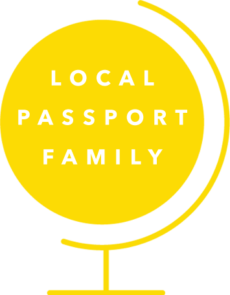
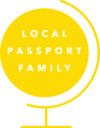
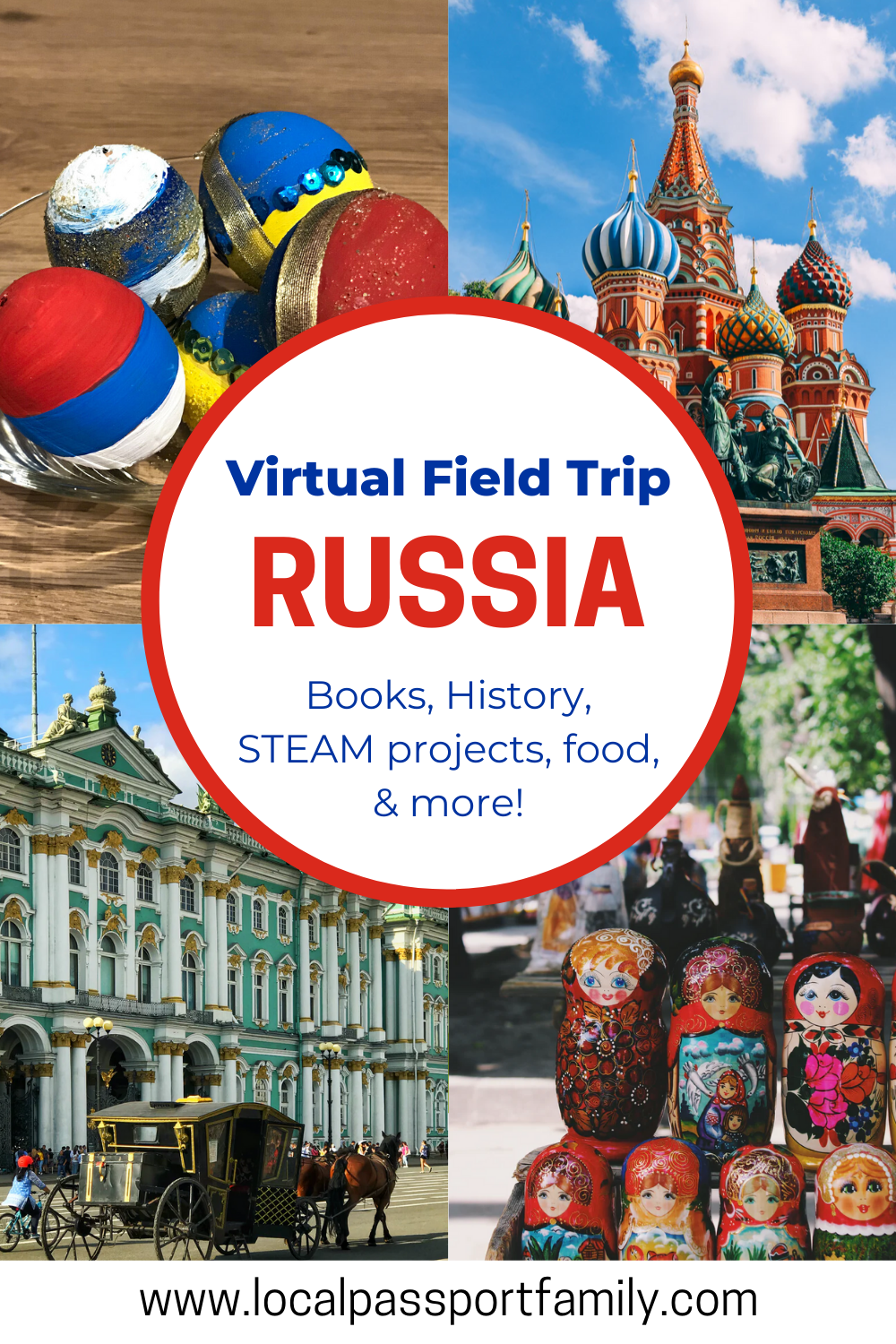


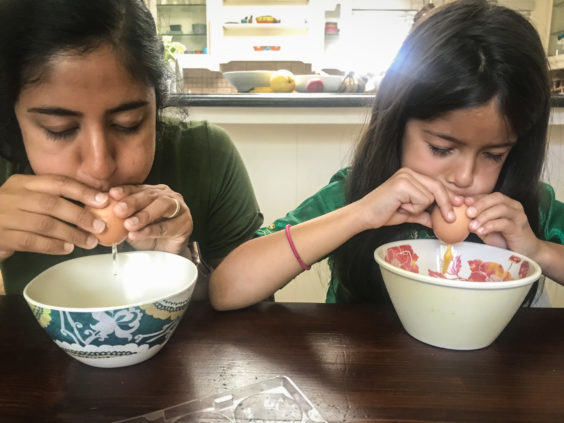
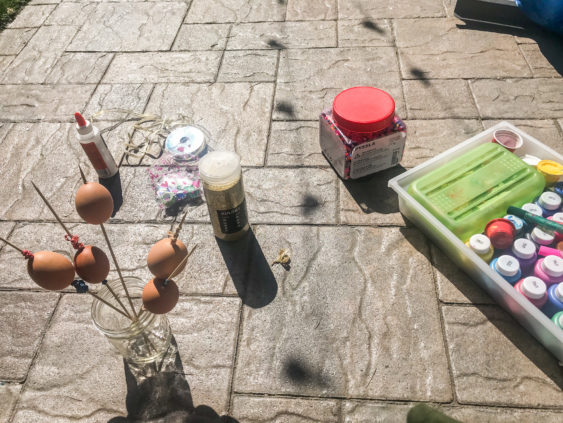
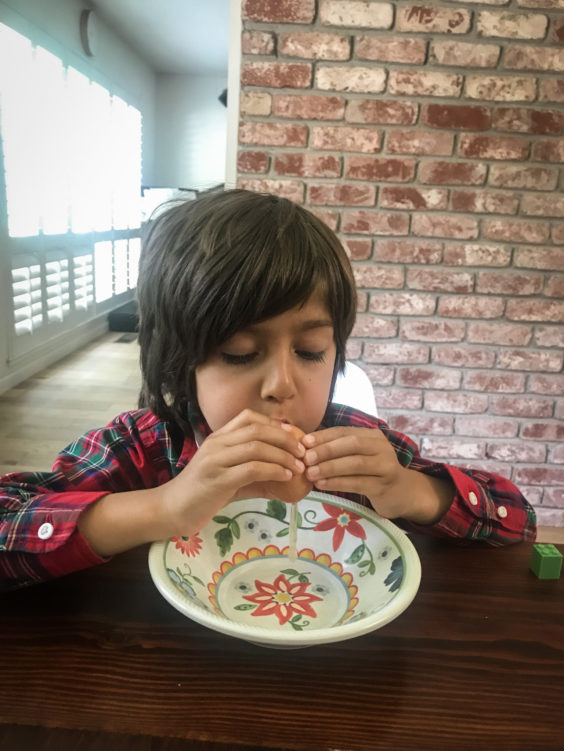
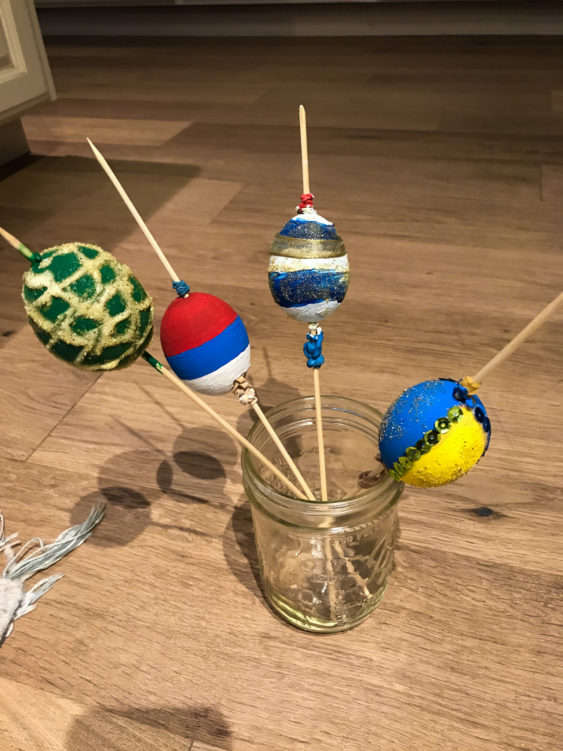
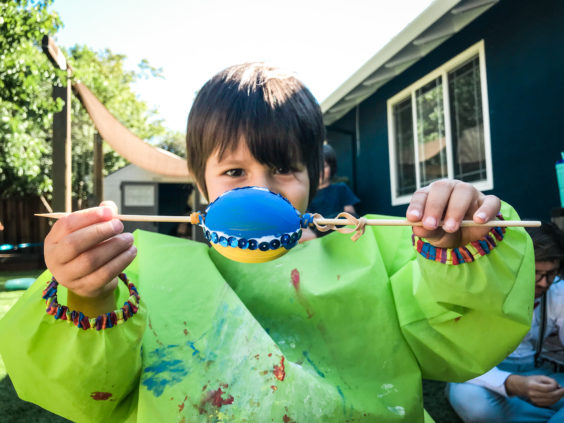
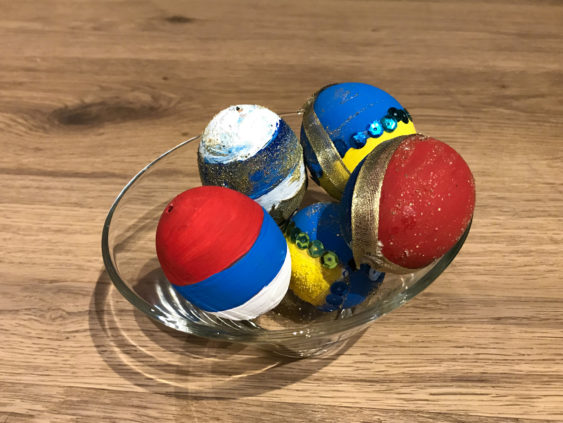
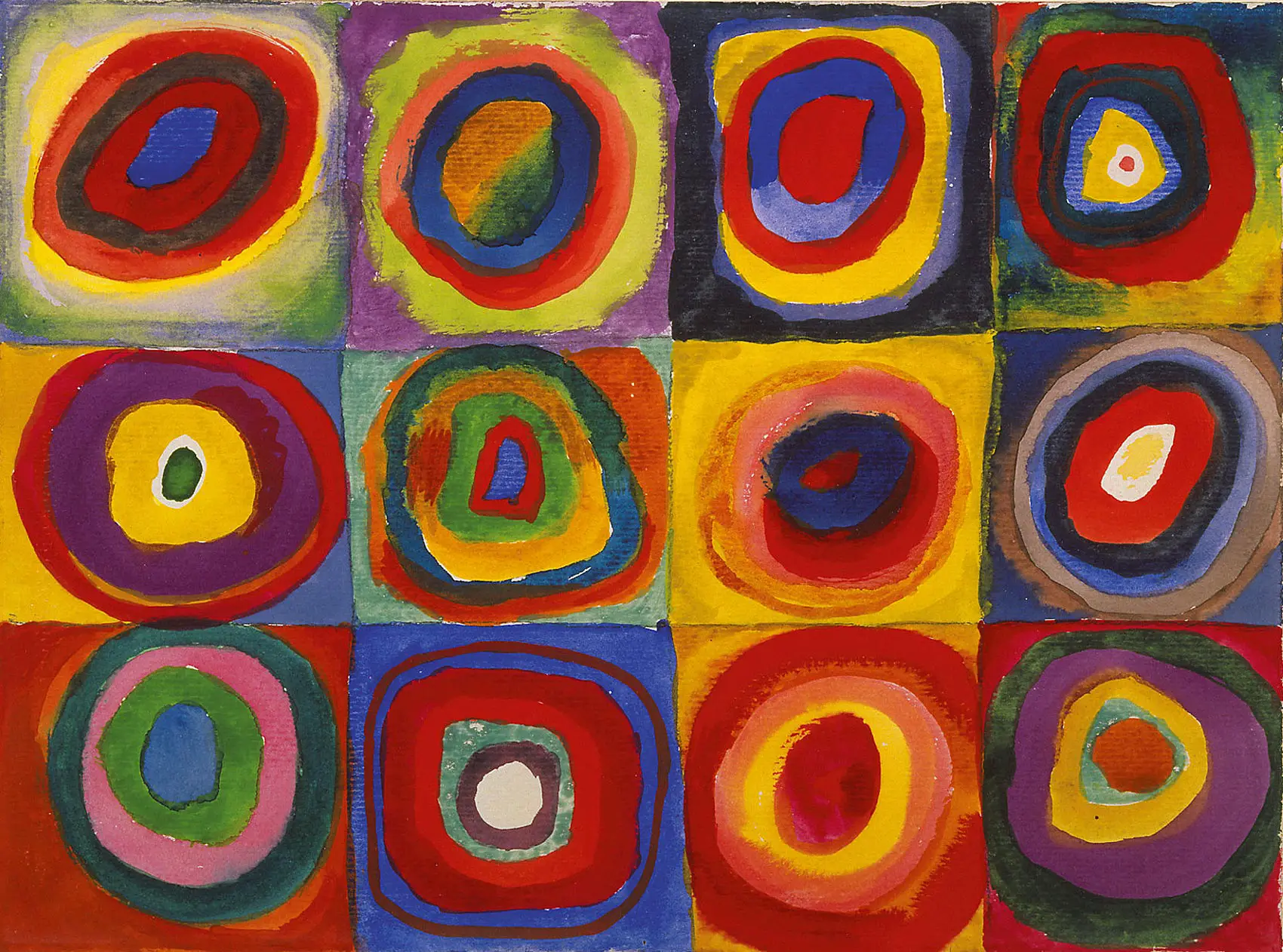






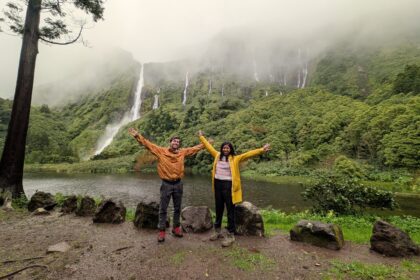
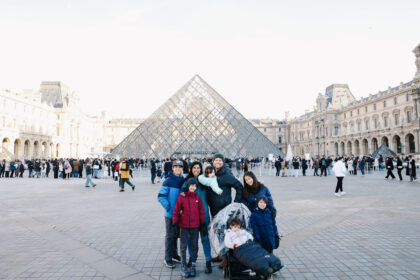
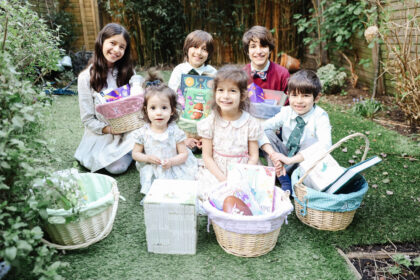
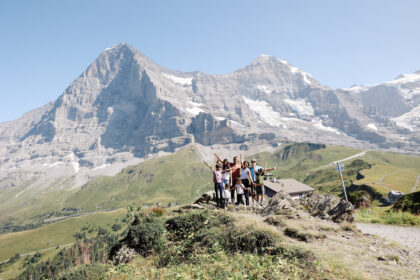
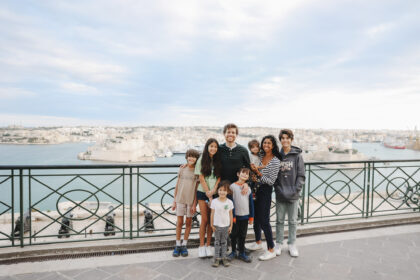
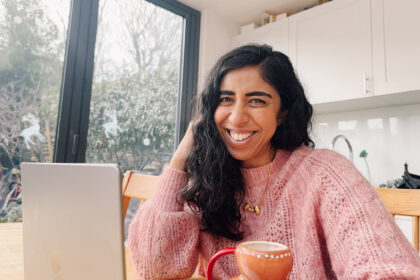
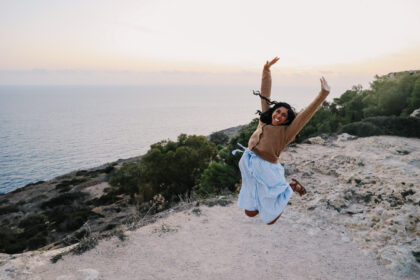
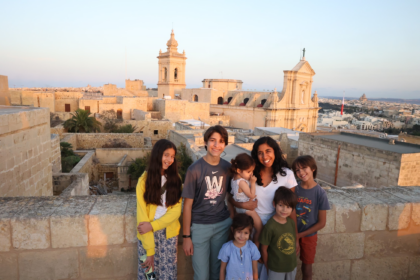

[…] R is for Russia […]